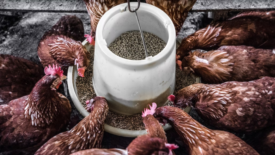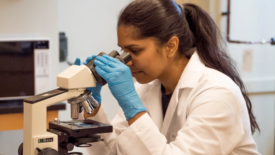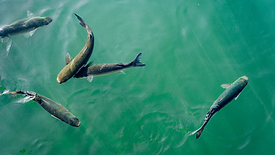Home » AMR
Articles Tagged with ''AMR''
BIZTRACKS
Eight Global Organizations Adopt Antimicrobial Use Stewardship Principles
March 16, 2023
Never miss the latest news and trends driving the food safety industry
eNewsletter | Website | eMagazine
JOIN TODAY!Copyright ©2024. All Rights Reserved BNP Media.
Design, CMS, Hosting & Web Development :: ePublishing










